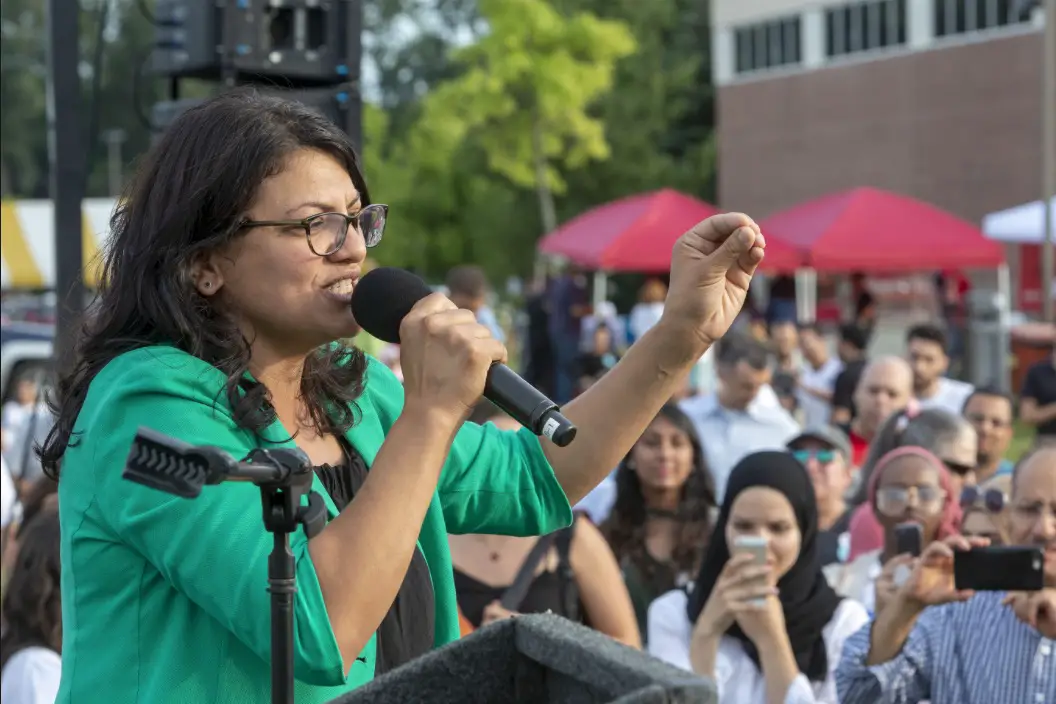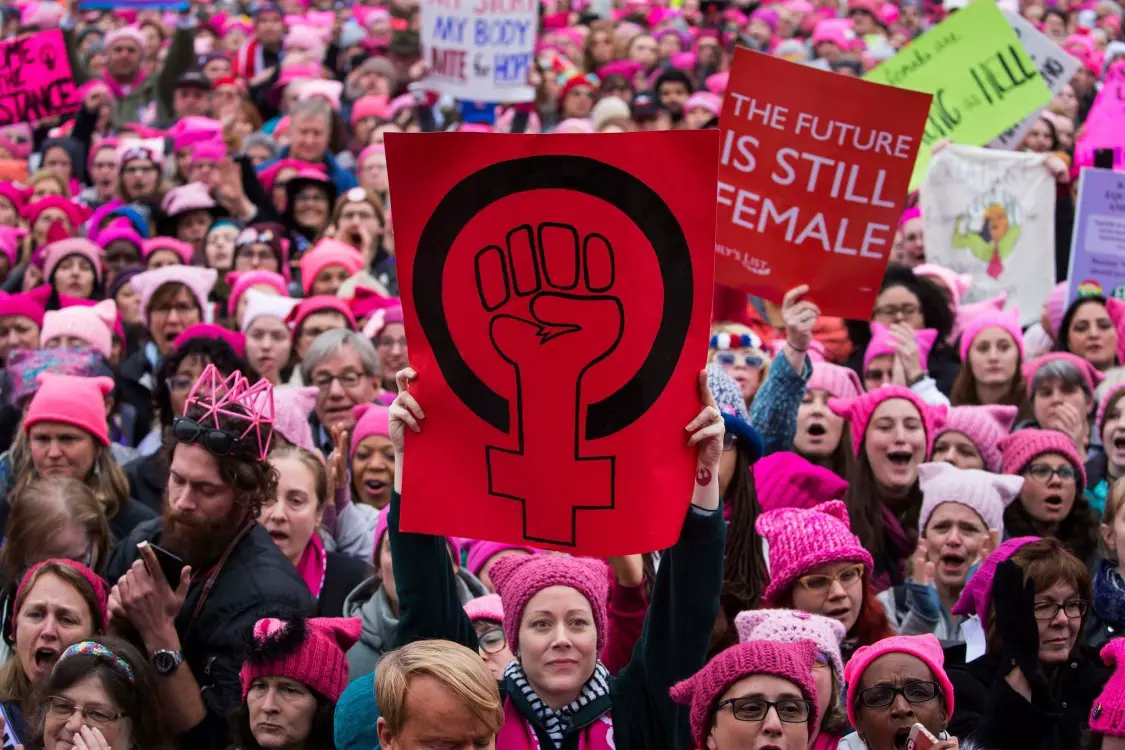One of the most powerful narratives of the 2018 midterm season has been that of women exhibiting their political power in full force. Whether it’s to march for their rights or run for office themselves, America’s ladies have proven themselves to be stronger than ever before, so much so that some are even calling 2018 the new “Year of the Woman.”
But the real question of how the energy surrounding the “pink wave” will translate at the polls has yet to be answered. While some are expecting a repeat of the 2016 election, which saw the hype surrounding Hillary Clinton’s candidacy be squandered by women supporting Trump, the rapidly growing frustration with the political climate for women combined with a record number of female candidates could be what it takes for women to finally take advantage of their voting power in the midterms.
Most women in the pre-Trump era probably figured that they weren’t doing as well as they could have been in terms of their political influence. But Clinton’s nomination as the Democratic presidential candidate in 2016 made it feel like things were really moving forward. That was until election night of that year, when the world saw a chauvinist candidate become the president-elect.
For most, it was upsetting to an unimaginable degree, but the questions of “why?” and “how?” eventually became “What can I do?” Some women felt the call to run for office, setting off the pink wave that has seen a record number of women winning primaries for congressional seats. But for others, the call was to do more and to make their voices heard. That was made clear on the day of the 2017 Women’s March, and it’s being reiterated now as women prepare to vote in the midterms.
Despite the fact that no one really thought it was possible two years ago, the political stakes have only gotten higher with this midterm. America has witnessed two years of a Trump presidency, which seems to have only made women more determined in working their magic on election day. Female turnout is generally higher than that of males, which makes it a lucrative vote for a party to capture.
For the GOP, that generally means maintaining the vote of Republican women, who still seem to view Trump positively. But Democrats have the advantage, as they generally have in the past. Women are far more likely than men to associate with the Democratic Party, and the gap widens even further when generational differences are considered.

It’s true that the midterms are going to see new voters who weren’t old enough to vote in 2016, but the assumption that they’re going to vote democratic isn’t necessarily a safe one. Most people remember the similar sentiment that permeated the 2016 presidential election, during which Clinton’s slogan, “I’m With Her,” became a sort of rallying cry for women who felt that it was their obligation to help elect the first female president.
But that’s not exactly what happened. Even though Clinton did overwhelmingly well with the female demographic in general, it was the white women of America who abandoned ship and threw their support behind Donald Trump. While some might have thought that her status as an establishment Democrat made her more qualified to lead the country, others felt that she played the woman card too much and didn’t understand their personal struggles.
But in this midterm, female candidates haven’t really shied away from being open about the struggles that have accompanied their gender. The reality is that they know how to talk about women’s issues better than their male counterparts. It’s not that male candidates don’t try hard enough to understand what women go through, it’s just that they can only understand it to a certain extent. They’ve never had to worry about potentially dying in childbirth or going back to work too soon after having a cesarean section because parental leave isn’t available. They haven’t had to deal with the same microaggressions that women do in the workplace. So, it only makes sense that female candidates have an advantage with female voters simply because of their empathy for one another.
Even beyond the importance of identity politics in the midterms, a lot of women are fed up with the way in which the political establishment talks about women’s issues. Perhaps the most recent and divisive example of this was the confirmation hearing of Supreme Court Justice Brett Kavanaugh, during which he was accused of sexually assaulting a young woman over three decades ago. For a lot of women, male senators displayed an attitude that was far too dismissive of the allegations, indicating that it didn’t matter to them whether it did or did not happen. Especially in the midst of #MeToo, it’s been uniting for women across the country.
But, these issues aren’t always black and white, and the divisiveness among women regarding women’s issues makes their allegiance a bit of a toss-up. Anyone who doesn’t believe that should take a moment to look at the images of the women who rallied in Congress in support of Kavanaugh before he was confirmed to the Supreme Court. Although #MeToo has addressed issues that are completely non-partisan, some conservative women think that it has gone too far and is becoming a witch hunt. They also might not like the idea of identity politics because they simply reject the notion that their gender should determine who they’re going to support politically.
It’s the gray area of female voters that could spell the difference between Democratic and Republican victory in the midterms, and where it might lean is still up in the air. Democrats want the support of women who are upset with the way that Trump has acted since being elected, despite the fact that they might have voted him in there. Republicans want to court the women who feel as though the Democratic establishment has simply ignored their problems that have nothing to do with being a woman. And both are trying to keep a firm grip on their established supporters.
It’s difficult to imagine what the results of all of this effort will be. Considering what happened two years ago, it’s easy to understand why some might be pessimistic about the midterms, as this is when most people learned that not even polls can anticipate what’s going to happen on election night. But no matter what your partisan loyalties are, it’s difficult to dispute that women of all backgrounds and parties are taking a stand and making their voices heard. At the end of the day, that’s something that everyone should be able to get behind.

















